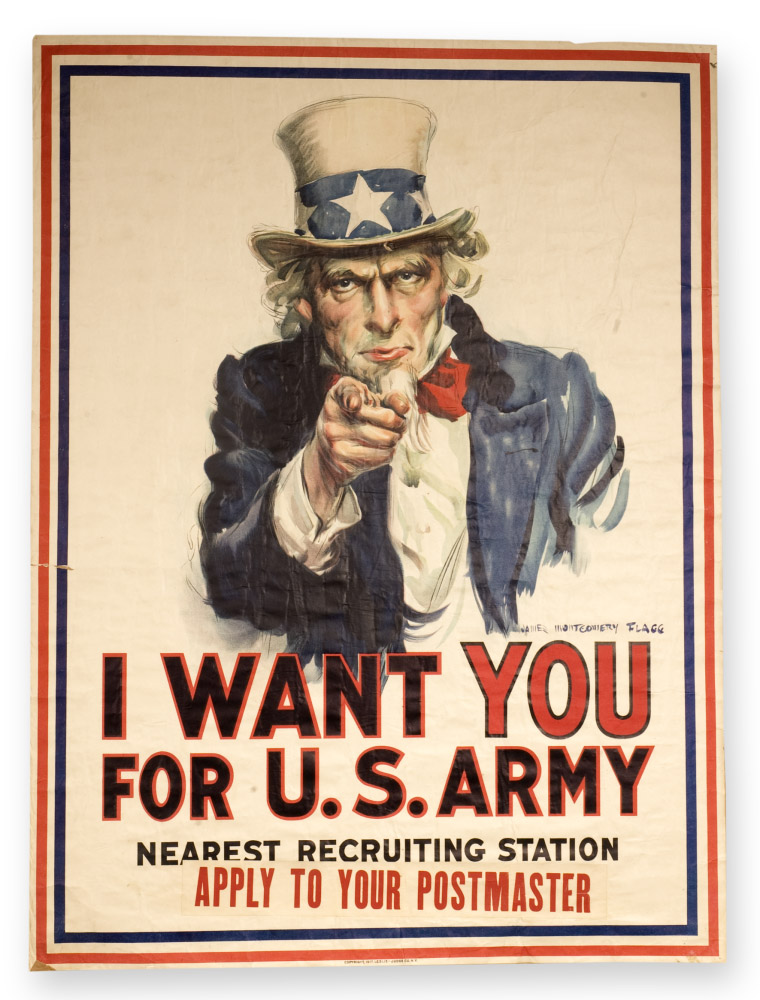
 |
|
Propaganda is everywhere. Any time an opinion is expressed or an idea debated or a editorial broadcast on the airwaves, the purpose is to inform and influence the listener. Propaganda may take the relatively benign form of commercial advertisements which may seek to promote a memorable slogan, foster product name recognition or argue the benefits of Brand A compared to Brand X. While an ad blitz might generate sales by arousing curiosity, there's nothing particularly sneaky about them. People know a sales pitch when they see one. But advertising bears little resemblance to real propaganda, the systematic and often secretive dissemination of information under the guise of news, scientific fact, warnings and predictions, endorsements, subtle and not-so-subtle intimidation, and all forms of communications that can be used and are used to promote an agenda or to discredit old beliefs and loyalties. Humans adapt to their circumstances. Behavior is shaped by one's surroundings, the influence of peers, the expectations they have of how certain others will react. From the knowledge imparted to them, they learn to fear or hate enemires, to hold in contempt certain views or practices, to revere certain public figures or cultural symbols, to refuse even to question the "conventional wisdom" of the day. Behavior is also influenced by expectations. If a person is sure there will be a reward for following a certain path, the tendency is to take it. And if the assumption is made that a deed would have negative consequences, the natural inclination is to avoid it. The accumulation of information that's "out there" - as well as what we choose to believe or accept - is what guides these expectations. Perception, it is often said, is reality. It's not, of course. But it's a substitute for reality precisely because it obscures reality. We respond to the reality that we know, even if its authenticity ought to be seriously questioned. To understand the power of propaganda, one has to look at the entirety of the information that surrounds us. We need to recognize that it's much easier to manipu;ate our thinking that we generally realize. If those in power would surround us with fact and argument that leads us in a certain direction, humans are generally a lot less curious and suspicious than they ought to be. Propaganda is everywhere. To some extent we choose the propaganda we want - the information that affirms our values and beliefs. But when we're not aware and do not choose, we can be all too easily duped. Anything and everything can be propaganda. It can be the truth, the slightly slanted truth, the half-truth, a carefully crafted lie, even a lie so ridiculous that it takes intense persuasion to make it stick. Propaganda can consist of words, images, cultural symbols, anything that conveys an impression. Propaganda is so important that you can't even have politics, let alone war, without it. Indeed, without propaganda there's no common enemy, no imminent danger, no cause in which to believe and for which to fight. I was given, decades ago, a tee shirt with that says on the front, "Question Everything." On the back it says "Ban Nothing. There is a logic to that that should be understood if people are to be innoculate themselves against propaganda. Let us all resist compulsory conformity, being free to do as we wish, but at the same time never ceasing to think twice about what appears to be the simple truth. It rarely is.
|



| |
|
Tweet 
|